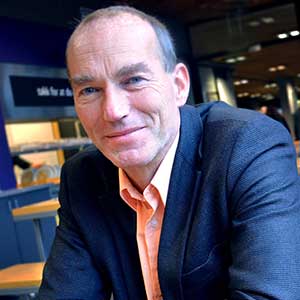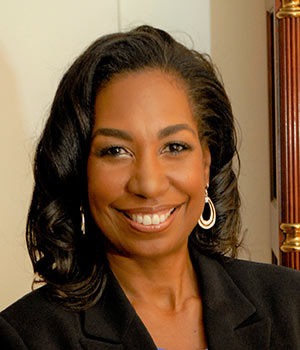Conversations with Thomas Hylland Eriksen on the challenges and rewards of diversity in education
Diversity was never a challenge as such for educational systems in the past, rather an obstacle to be overcome. In contemporary Western societies, the situation has recently changed, and cultural diversity within society is contested, but also widely considered a permanent condition. At the same time, conventional approaches to education are challenged by another potentially fragmenting force in the spread of electronic communication replacing traditional forms.
Three options are discussed in the lecture. First, traditional universalism is confronted with multiculturalism; Insistence on the uniformity and universality of a particular educational paradigm is compared with the view that the knowledge systems and methods of learning associated with different cultural groups ought to be treated in the same way. The third, preferred model, which attempts to strike a balance between the first two without succumbing to their obvious weaknesses, is described as pluralist universalism. Its universalism entails that it insists on a unitary view of knowledge and a democratic view of education: everyone should have the same opportunities. Its pluralism lies in its recognition of the fact that the world changes depending on where one sees it from, that there are no eternal absolutes and no privileged vantage-point. The challenge for this model consists in avoiding knowledge relativism and unintentional hegemony.

Thomas Hylland Eriksen
Author of Ethnicity and Nationalism: Anthropological Perspectives

Kim C. D’Abreu
Principal Consultant for Diversity Dimensions Consulting



